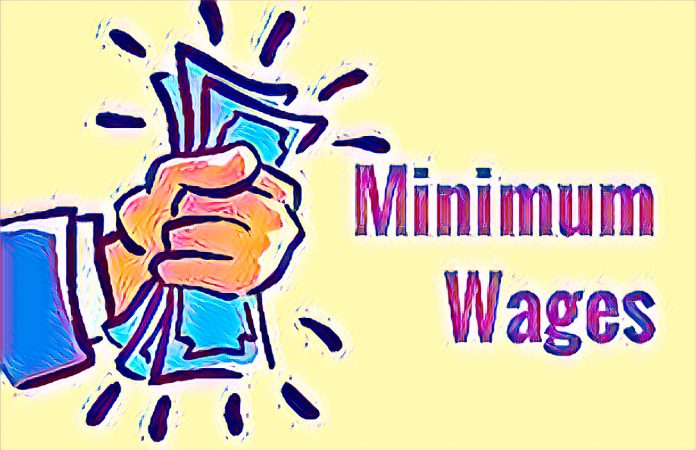Nigerian governors under the umbrella of the Nigeria Governors Forum (NGF) have rejected the proposed ₦60,000 ($133) minimum wage increase for Nigerian workers. The governors argue that the hike is unsustainable and would cripple state finances.
The NGF, through its Director of Media and Public Affairs, Halimah Ahmed, expressed its concerns that adopting the ₦60,000 minimum wage would lead many states to exhaust their federal allocations on salaries, leaving no resources for crucial development projects.
The statement acknowledged the need for a minimum wage increase but emphasized the importance of considering the ripple effect across all pay grades, including pensioners. The NGF urged all parties involved to prioritize a sustainable and realistic agreement.
Competing Interests Hinder Negotiations
The NGF’s stance adds another layer of complexity to the ongoing minimum wage negotiations. Organized labor unions, including the Trade Union Congress (TUC) and the Nigeria Labour Congress (NLC), have vehemently rejected any increase below the proposed ₦60,000.
The unions had previously embarked on a nationwide strike that was called off after reaching an agreement with the federal government on continued negotiations for a higher minimum wage.
Labor Unions Push for Better Wages
President of the Trade Union Congress, Festus Osifo, reiterated the labor unions’ stance during an appearance on Channels Television’s Politics Today program. He emphasized that unions are committed to fighting for a significant increase in the minimum wage, which they believe is necessary to improve the living standards of Nigerian workers.
Osifo argued that the current minimum wage of ₦30,000 ($67) is inadequate to meet the basic needs of workers and their families. He pointed to rising inflation and the increasing cost of living as evidence that a substantial raise is essential.
The NLC has also been vocal in its support for the ₦60,000 minimum wage proposal. The union argues that the increase is necessary to bridge the gap between the rich and the poor in Nigeria.
Federal Government Caught in the Middle
The federal government finds itself caught in the middle of these competing demands. President Bola Tinubu has signaled his commitment to a minimum wage above the previously offered ₦60,000. However, he must also consider the concerns raised by the NGF regarding the financial implications of a significant increase.
The Minister of Finance recently presented the cost implications of a new minimum wage to the President. This presentation likely factored into the NGF’s decision to reject the ₦60,000 proposal.
While a tripartite committee tasked with negotiating a new minimum wage has reportedly made some progress, reaching a consensus remains an uphill battle. The NGF’s resistance to the ₦60,000 proposal and the labor unions’ unwavering demand for a substantial increase create a significant impasse.
The coming weeks will be crucial in determining whether the parties involved can bridge the divide and reach a sustainable agreement on a new minimum wage. The outcome of these negotiations will have a significant impact on the lives of millions of Nigerian workers and their families.
Source: Punch



